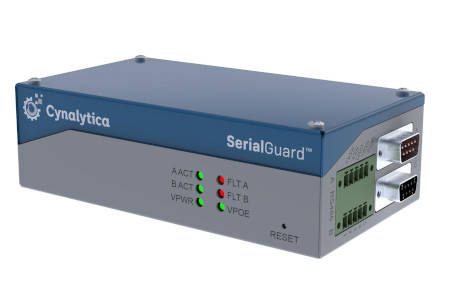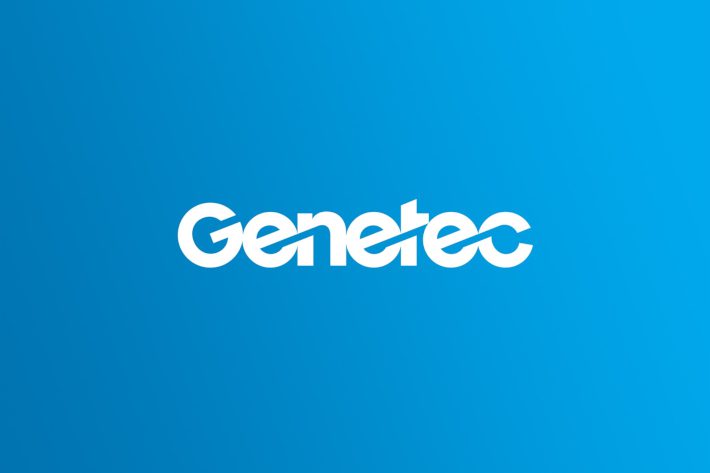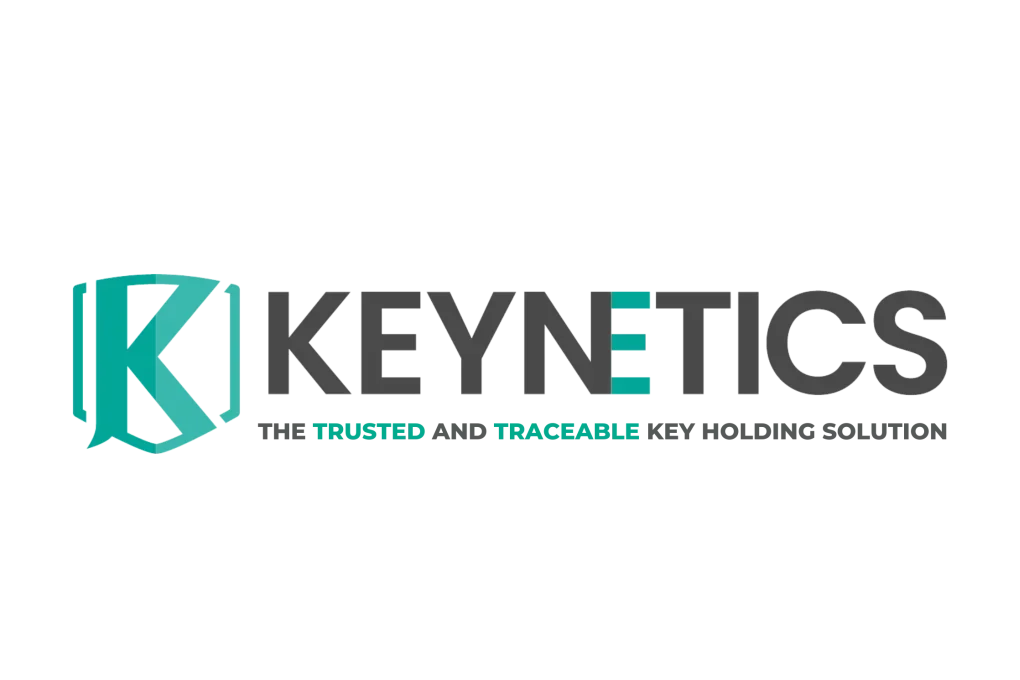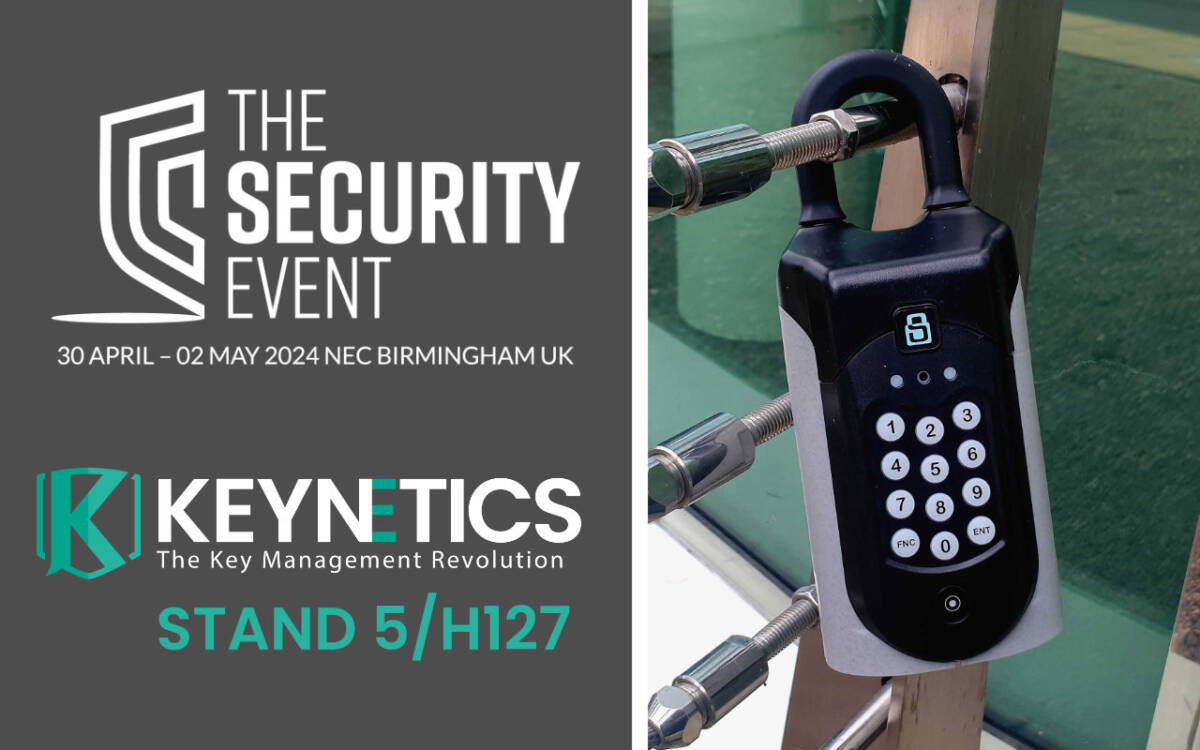Hard drives specifically designed for video surveillance must deliver on 24/7 operation and heavy workload requirements
Security Buyer catches up exclusively with André Grabon, Senior Specialist – B2B Sales, Distribution Sales Department of Toshiba Electronics Europe, Storage Products Division to find out the ins and outs of hard drives and their benefits to the video surveillance market.
Professional surveillance hard drives promise significant performance advantages and reduce maintenance time compared to standard models. However, what about reliability and lifespan?
In most CCTV areas, 24/7 recording is in place. The hard drives selected must be designed for reliable continuous operation and have a high mean time to failure (MTTF). Surveillance hard drives specially designed for video surveillance do just that. They achieve an MTTF of one million hours, corresponding to an annual error rate of 0.88% during 24/7 operation. When using 1,000 hard drives this means a failure rate of around nine drives per year. For comparison: standard hard drives for PCs have an MTTF of only 600,000 hours. Even in non-24/7 operation, the annual error rate here is 1.46% – so 15 out of 1,000 drives would fail per year.
Which specific technical features do hard drives need in order to be suitable for a video surveillance application? How do you guarantee maximum reliability?
Several factors need to be considered here. The hard drive not only has to be robust enough for the 24/7 operation and have a high MTTF, but it must also handle high workloads. This is because surveillance cameras deliver a continuous flow of data – often from several cameras at a time. Surveillance hard drives are rated to handle up to 180TB per year, while standard drives are only rated to handle up to 55TB per year. In addition, surveillance hard drives are able to cope with higher operating temperatures. This is important because video recorders often contain multiple drives, and the systems can be located in rooms that are not air-conditioned. Should a hard drive fail, Toshiba surveillance hard drives come with a three-year manufacturer’s guarantee compared to standard hard drives that usually offer two years.
In the video surveillance market, large amounts of data must be stored in the shortest possible time. How high is the throughput with dedicated video hard drives, and how many cameras can be recorded simultaneously?
The Toshiba S300 surveillance hard drive models achieve a data transfer rate of up to 184MB/s, whilst the S300 Pro models provide up to 248MB/s. All Toshiba surveillance models with capacities between 2 and 10TB HDDs are designed to support up to 64 cameras and the S300 1TB model supports up to 32.
Especially in the area of video analysis, flawless footage and fast access times are important. How can you ensure that the videos are always available ad hoc without frame drops?
To avoid frame drops, you should make sure that the specifications of the hard drive match the requirements of the applications. The hard drive must support the recorder and cameras used, offer sufficient storage capacity and handle the workloads involved. If fast and complex video analysis is required, we recommend using the S300 Pro models.
What about compatibility? There are a large number of providers in the NVR/DVR sector as well as server solutions.
There are many different providers of surveillance systems, each with their own technical system requirements. Toshiba works very closely with the manufacturers to adequately test and therefore ensure the compatibility of our surveillance hard drives. Manufacturers of surveillance systems generally provide information on approved hard drives in the form of compatibility listings.
To read more exclusive features and latest news please see our February issue here.
Media contact
Rebecca Morpeth Spayne,
Editor, Security Portfolio
Tel: +44 (0) 1622 823 922
Email: editor@securitybuyer.com













